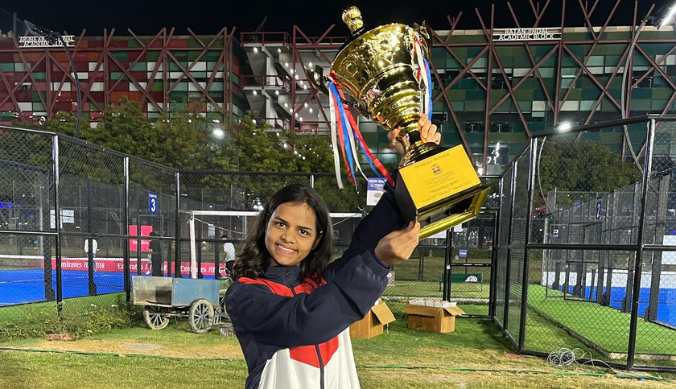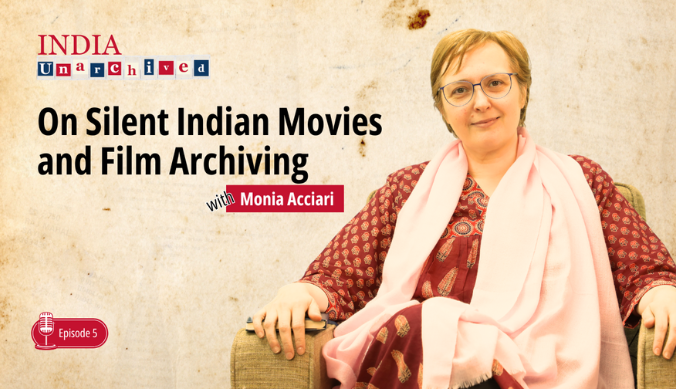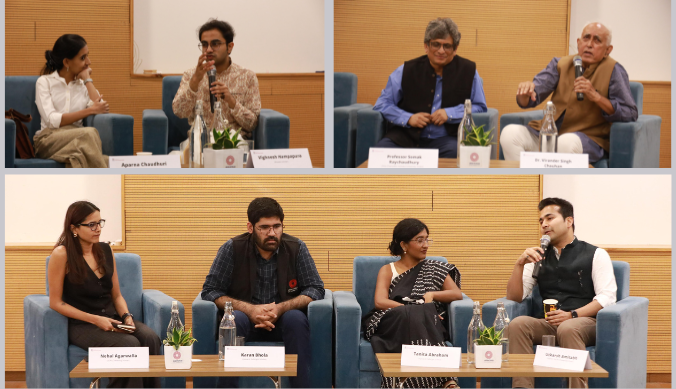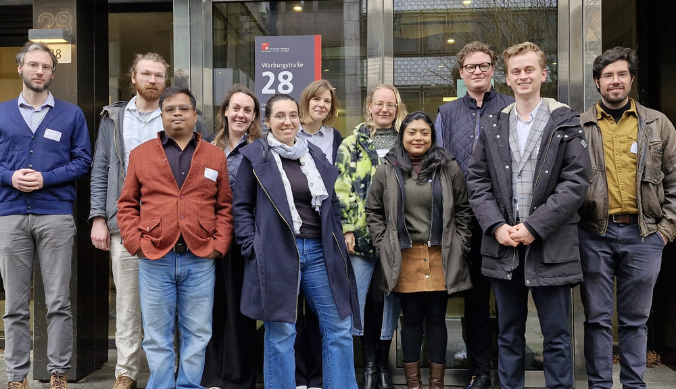How My First Year at Ashoka Changed My Perspective
An Ashoka student's journey of challenging stereotypes and creating a sense of belonging by sharing her narrative, exchanging stories, and igniting curiosity.
I can still recall the moment I set foot on Ashoka’s campus, suitcase in tow, heart racing. At home in Manipur, there was always a thick air of accustomed sounds – my mom’s voice calling me for tea, neighbours talking in our language, and the pulsing rhythms of traditional dance practice. But now, everything was foreign and unknown. Would others know where I was from? Would I fit in? Having grown up in Manipur, I did not often need to define who I was; everyone around me knew and understood. However, arriving at Ashoka University was akin to entering another world, one where the magnitude of diversity in cultures and backgrounds was both thrilling and daunting. At home, I never had to explain the subtleties of where I come from, but at Ashoka, I was explaining my origins all the time.
The conversations used to start with, “Where is Manipur?” or “Oh, you don’t look Indian.” Though they irritated me initially, they turned out to be chances to destroy stereotypes and present the richness of my culture. There was one experience that stood out – a presentation that I did in my ICT class about Manipur. As I spoke about its history, problems, and vibrant cultures, I noticed the interest in the eyes of my peers. Some of them knew little about the state, and some of them had wrong impressions. I felt both responsibility and resolve, knowing that this was an opportunity to create understanding. Much to my astonishment, my fellow students were sitting quietly, asking questions, and engaging in discussion after the presentation. It was a moment that reaffirmed the importance of exchanging our stories. That instant led me to understand that despite ignorance, curiosity and the desire to learn are present as well. Joining the Northeast Collective (NEC) was a defining moment for me.
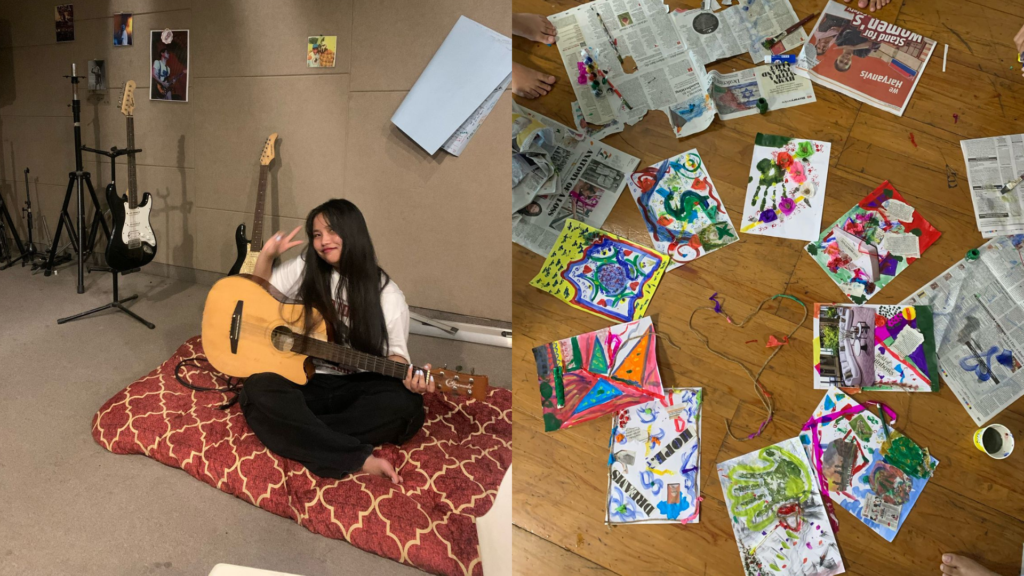
I still recall my first NEC meeting – I was nervous, not knowing where I belonged. But as we brainstormed plans for fundraisers, cultural events, and advocacy efforts, I felt a sense of belonging. One of our campaigns includes fundraisers for those affected in Manipur. Planning taught me not only the nuts and bolts of event planning but also the strength of collective effort. I witnessed individuals from diverse backgrounds unite, not because they were immediately impacted, but because they were concerned. It reminded me that solidarity has no boundaries and that consciousness may result in action. From an academic standpoint, the liberal arts programme pushed me in ways that I had not expected.
Political Science and Sociology courses made me challenge entrenched views and participate in discussions that extended my grasp of society. I remember one class in sociology where we discussed the concept of “identity.” I used to think that identity was a fixed thing – based on tradition and place of birth – but after the discussion, I understood that it is something fluid and defined by experience and interaction. These discussions, though daunting initially, taught me the importance of listening to differing views and being open to ideas outside my comfort zone. Living outside of the home also meant dealing with independence. Basic things such as budgeting, balancing university work with extracurricular activities, and cooking meals for myself remind me of home. I recall the initial time that I prepared shinju, a Manipuri salad, for my friends. Serving them that dish was like serving them a part of my home, and the appreciation that they gave it made me understand that culture is best conserved when it is shared.
In retrospect, I can see just how much I’ve evolved – not only in my approach to discussing my identity but in my confidence in owning it.
When I first arrived at Ashoka, I wondered whether people would “get” where I was from. Now, I know that being “home” has nothing to do with being understood – it has everything to do with sharing your narrative, even if it doesn’t ring a bell with others. As I continue, I take with me the voices, lessons, and relationships that have made this first year so transformational.
– Written by Ruth Nemchinjaneng, a first-year student at Ashoka University
Study at Ashoka










